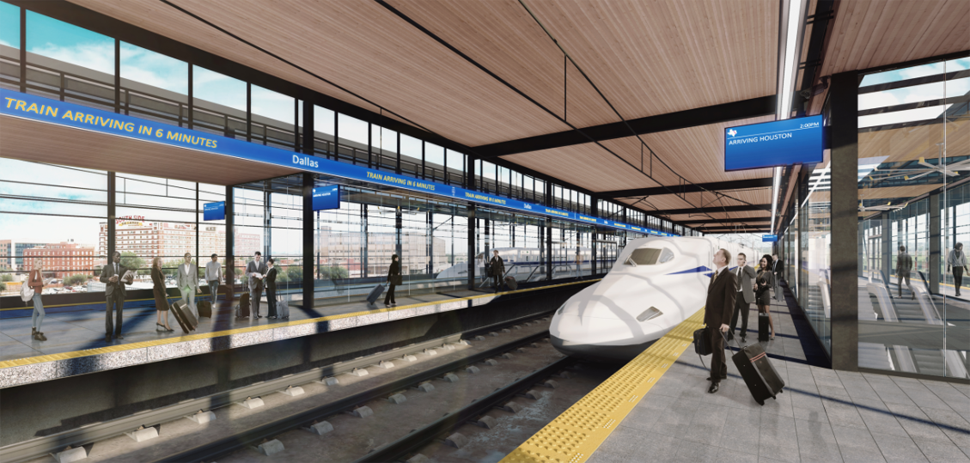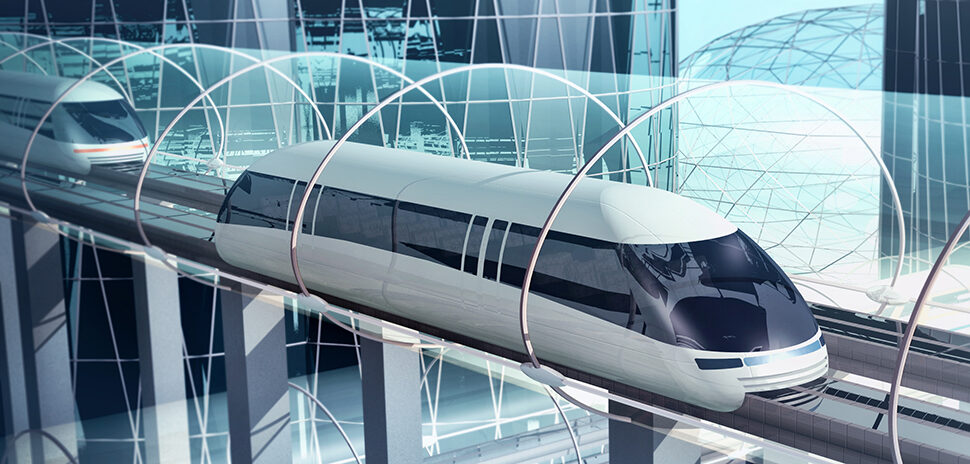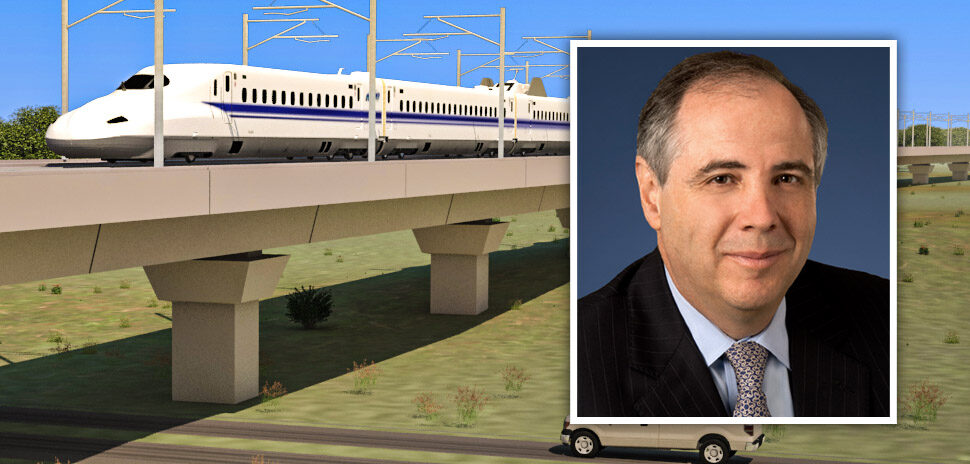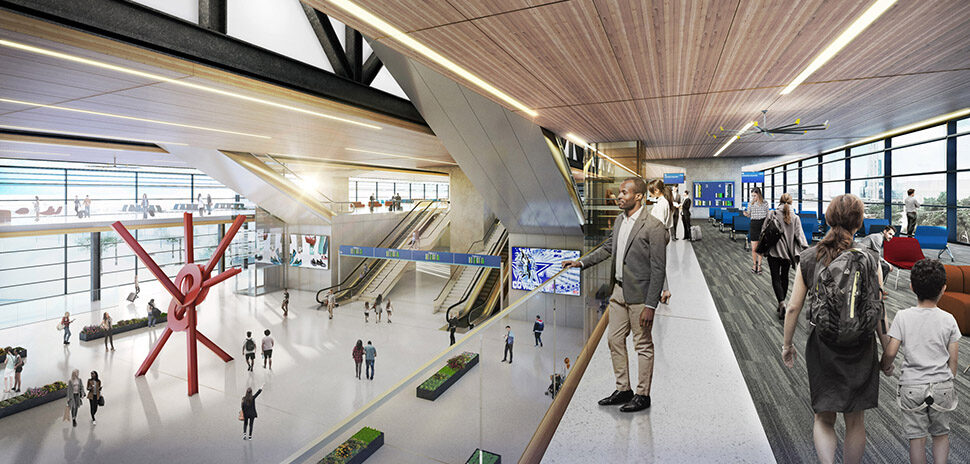Impacts from the COVID-19 outbreak have thrust the nation’s first high-speed bullet train project into more uncharted territory. The timetable for the 90-minute train line connecting Dallas and Houston is uncertain after Texas Central laid off more than two dozen employees on Friday due to the effects of the pandemic.
It was a hard decision to make, Carlos Aguilar, CEO of Texas Central High-Speed Rail said. “Unfortunately, like many other companies and organizations around the world, we have been forced to make hard decisions.”
The 28 workers were laid off in an effort to make the best use of Texas Central’s current funding, he said in a statement.
Last week, Texas Central said it implemented work from home and other measures to deal with the crisis, but did not know what other impacts it might have.”
Still, officials are working to keep the train’s timetable on track. Officials hope plans for the project will continue to move forward in 2020, once the federal government approves permits and the global situation stabilizes.
“It’s uncharted territory,” Aguilar said.
The global pandemic has taken a toll on the project since key Texas Central partners and experts needed to make the project a success are based around the world.
“This is one of those moments where we have to acknowledge how small our world really is,” Aguilar said. “Our engineering partner is in Italy, our operations partner is in Spain and our technology provider is in Japan. Understanding the impact of COVID-19 and the challenges those countries and the US are facing, is a new fact of life.”
The project was to break ground in 2020 with fully operational commercial service in 2026.
Immediate next steps
Aguilar said the high-speed train project is shovel-ready from an execution standpoint, and Texas Central will continue working with its partner organizations and federal and state agencies, led by the Federal Railroad Administration, to finalize the permits it needs.
Aguilar still hopes that will happen by July 31.
“Once we receive our permit approval, our ability to begin construction will be contingent upon financial entities in the United States, Europe, and Japan, all of which are dealing with urgent priorities generated by COVID-19, completing their due diligence process,” he said.
Texas Central partners
In a news release last week, Texas Central listed key partners for its 90-minute high-speed passenger train line that will connect the fourth and fifth largest economies in the U.S. (North Texas and Greater Houston) with one stop in the Brazos Valley:
Bechtel
Based in Virginia, Bechtel is the world’s leading rail program manager. They will be our lead to oversee all aspects of this project as well as the integration of all scopes.
Central Japan Railway (JRC)/Renfe
We have two of the world’s leading rail system operators. JRC, based in Japan, is the technology provider and Renfe, based in Spain, is the operator of our system.
Salini Impregilo
Headquartered in Italy, Salini is a best in class civil construction conglomerate that will deliver the civil infrastructure for our project. With vast high-speed rail experience, as well as a long-standing presence in Texas, Salini Impregilo (and its subsidiary Lane Construction) is perfectly suited to deliver this marquee project.
Team Shinkansen United (TSU)
The best high-speed rail technology (Tokaido Shinkansen) in the world. TSU includes Hitachi, Mitsubishi Heavy Industries, Toshiba, NEC, and JRC.
Kiewit
Kiewit, based in Nebraska, and Mass Electric Construction Company, based in Massachusetts, market leaders in Rail systems construction and installation, will install the core systems that will operate the train, in partnership with the International Brotherhood of Electrical Workers.
Matthews Southwest (MSW) and Suffolk Construction
MSW, a Texas-based real estate developer, along with Suffolk Construction, based in Massachusetts, which has recently completed the most advanced rail terminal/commercial space in the nation, will develop and build the Texas Central stations.
“Texas Central expects to create more than 17,000 jobs during construction and a multi-billion-dollar economic impact across the U.S through contracts with steel mills and other manufacturers, minority and women-owned businesses, veterans, and rural businesses,” it said in the release.
![]()
Get on the list.
Dallas Innovates, every day.
Sign up to keep your eye on what’s new and next in Dallas-Fort Worth, every day.






























